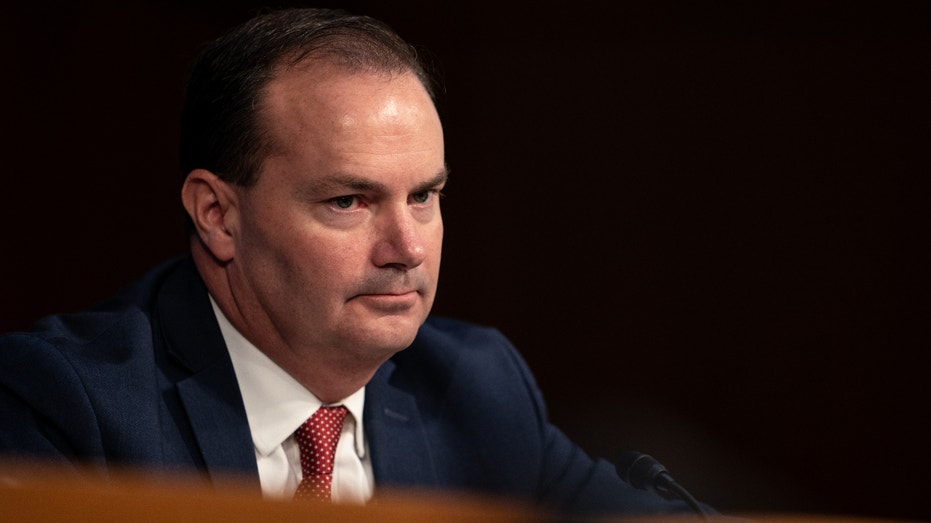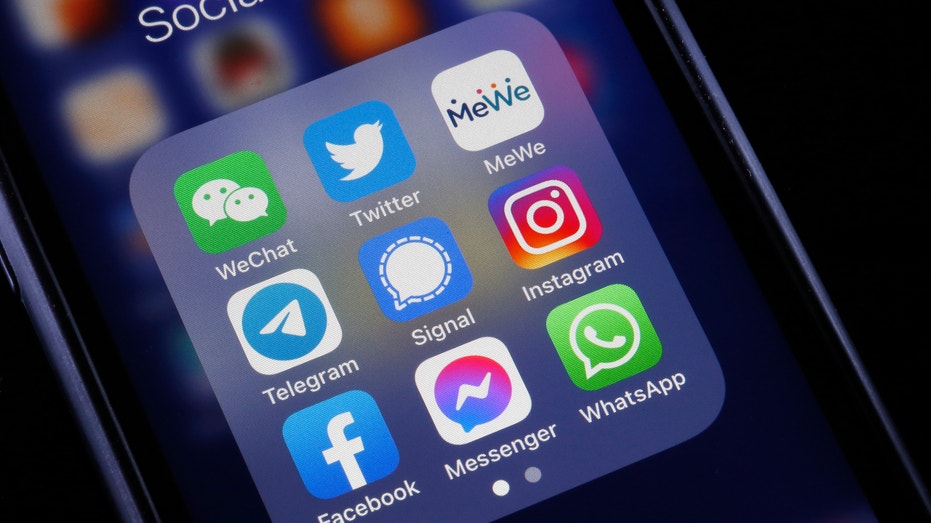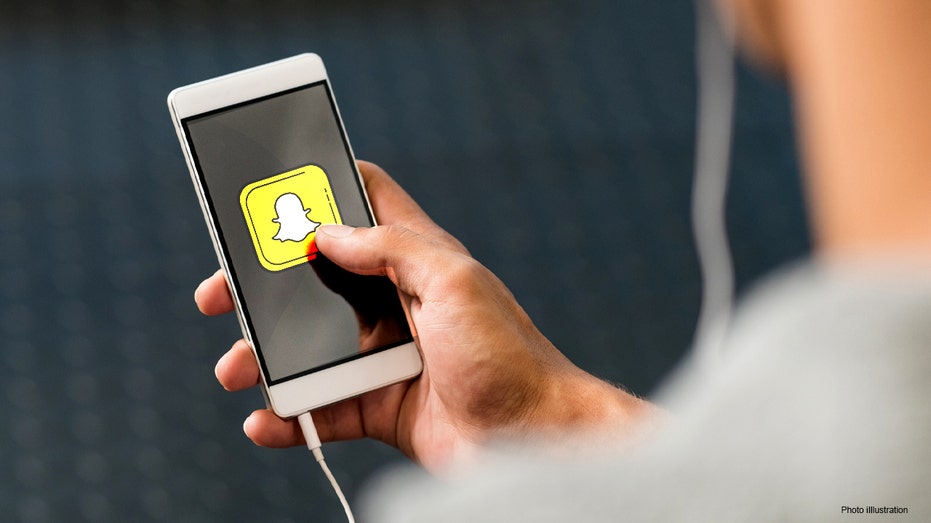Sen. Mike Lee releases new study on 'declining' teen mental health due to increased use of social media
Internal documents showed that 32% of teen girls who 'felt bad about their bodies' said Instagram made the issue worse
NYU students speaks out against Instagram's toxicity: 'Time to reclaim our autonomy'
NYU student Rikki Schlott speaks out against Instagram and whether social media companies can change to become less toxic for teenage girls, arguing parents and young people 'need to take back charge.'
FIRST ON FOX - Sen. Mike Lee, R-Utah, on Wednesday released a new study from the Joint Economic Committee on the mental health impacts of Instagram and other social media apps on teenage girls.
The Senate report comes about two months after The Wall Street Journal obtained internal Facebook — now Meta — documents revealing that 32% of teen girls who "felt bad about their bodies" said Instagram made the issue worse, according to researchers tapped by the tech giant to examine the app's impact on young users' mental health over the past three years.
"Teen mental health has been declining for more than a decade, especially among girls," Lee said in a statement to Fox News. "Today, I released a report finding that time spent on social media is linked in a significant way to depression and self-harm for young women. This study merits further investigation into whether social media use is causing declining teen mental health."

U.S. Sen. Mike Lee (R-UT) listens during Supreme Court Justice nominee Judge Amy Coney Barrett's Senate Judiciary Committee confirmation hearing. (Erin Schaff-Pool/Getty Images)
As social media became more prevalent in the early 2000s, so did depression and anxiety among teenagers. Among U.S. teens ages 12 to 17, 13% said they had had a major depressive episode within the past year in 2017 — a 5% increase from the 8% of U.S. teens that reported having a major depressive episode in 2007, according to a Pew Research analysis. Comparatively, one in five teenaged girls (20%) had experienced at least one major depressive episode over the past year.
INSTAGRAM ACKNOWLEDGES APP CAN HARM TEENS' SELF-ESTEEM IN RESPONSE TO REPORT
Teenagers who "recently experienced depression" rose 59% between 2007 and 2017 — 66% among teen girls and 44% among teen boys, the Pew Research analysis found.
The coronavirus pandemic may have added fuel to the fire as children stayed home from school and spent more time online, according to various studies conducted between 2020 and 2021. The percentage of suicides among teens also spiked between 2020 and 2021.

In this photo illustration, the logos of social media applications, WeChat, Twitter, MeWe, Telegram, Signal, Instagram, Facebook, Messenger and WhatsApp is displayed on the screen of an iPhone. (Photo illustration by Chesnot/Getty Images)
The Joint Economic Committee's study points to a 2020 study from San Diego State University Psychology Department Professor Jean Twenge, which found that frequent technology users were twice as likely to be depressed or "have low well-being."
CHINA MOVES TO LIMIT SOCIAL MEDIA, GAMING AS TEENS GET MORE ADDICTED AND MENTAL HEALTH IS IMPACTED
Even those who are not regular users of social media are negatively impacted by declines in face-to-face social interaction, according to the study, which suggests that while technology may not cause depression, time spent online or in a "technological environment" may cause an increase in depression, according to the study.
As the committee's report notes, citing Twenge's research, girls who spend more than two hours per day on social media were "significantly" more likely to engage in self-harm, according to a 2021 study from San Diego State University researcher Cooper McAllister. Nearly one in three girls who spent more than three hours per day on social media were more likely to be depressed or engage in self-harm.

Close up of male hand using mobile phone using the Snapchat app. (iStock)
While the findings in the studies highlighted in the committee's report do not show that social media directly causes depression or poor mental health, there is a correlation.
GET FOX BUSINESS ON THE GO BY CLICKING HERE
Social media use among adolescents is very prevalent. More than 40% of Instagram's users are under 22 years old, and about 22 million teens use the app every day, WSJ reported, citing Facebook's documents. A 2020 report from The New York Times suggested that more than a third of all TikTok users may be under the age of 14. Nearly 70% of teens said they used Snapchat, the most popular social media app among U.S. adolescents, Pew Research found.
A 2018 Pew Research survey found that 81% of teens ages 13 to 17 found that social media in general makes them feel more connected while 26% said it makes them feel insecure.
CLICK HERE TO READ MORE ON FOX BUSINESS
Lee is calling on "parents, teachers, and community leaders" to be aware of social media's potentially harmful impact on teenagers' mental health and "take precautions to keep kids safe online."
The report notes that "even without conclusive evidence, it is wise for families and communities to take reasonable precautions given the potential risks."
"Schools, churches, and other community organizations could help inform families about mental health problems associated with social media and technology use in the existing literature," the report states. "Communities could lead campaigns similar to the ‘#devicefreedinner’ movement spearheaded by Common Sense Media, which encourages families to put their devices away in order to be present with one another during dinner."





















